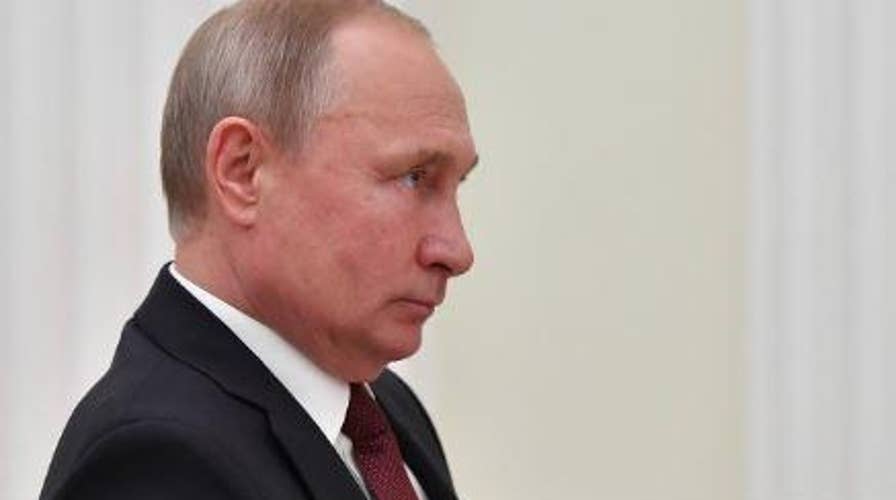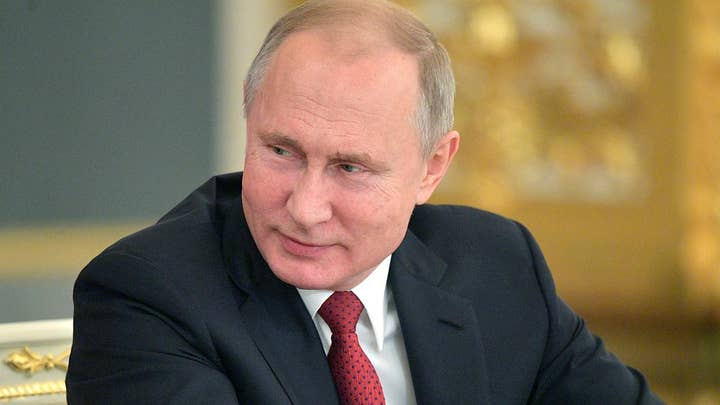Putin's stern warning: Russia will target US with new weapons
Russian President Vladimir Putin warns that Russia will aim new hypersonic missiles at the U.S., should it deploy new intermediate-range missiles in Europe.
Russian President Vladimir Putin, speaking during his state-of-the-nation address Wednesday, warned that Russia will aim new hypersonic missiles at the U.S. should it deploy new intermediate-range missiles in Europe.
Russia’s new Zircon missiles, which Putin claimed fly at nine times of the speed of sound and have a range of 620 miles, are part of its ongoing effort to upgrade its defensive capabilities against what it regards as an increasingly hostile U.S.
The announcement follows the U.S.’ recent withdrawal from a key arms control pact. During his address, Putin rejected the U.S.’ claim that its withdrawal from the 1987 Intermediate-Range Nuclear Forces treaty was prompted by Russian violations of the pact. He charged that the U.S. made false accusations against Russia to justify its decision to opt out of the pact.
BLACK BELT VLADIMIR PUTIN SHOWS OFF HIS JUDO CHOPS AS HE WORKS OUT WITH RUSSIAN TEAM
Putin reaffirmed that Russia will not be the first to deploy new intermediate-range missiles in Europe, but warned that it will retaliate if the U.S. puts such missiles on the continent. He said it will not only target the host countries but field new weapons that will target U.S. decision-making centers.
He insisted that Moscow hopes to patch up its difference with the U.S., saying: "We don't want confrontation, particularly with such a global power as the U.S."
But he also criticized what he described as the "destructive" U.S. policy of targeting Russia with sanctions.
Speaking before lawmakers in the Russian capital, Putin added that the other weapons, which he announced last year, including the nuclear-powered Burevestnik cruise missile and the Poseidon nuclear-powered underwater drone, have been undergoing tests successfully.
Putin also focused on a range of social issues in the annual speech, promising to raise welfare payments, improve education and healthcare, as well as remove toxic dump sites from cities.
He also said Russia needs to modernize its infrastructure, claiming 60 airports will be upgraded in the next six years.
The Associated Press contributed to this report










































